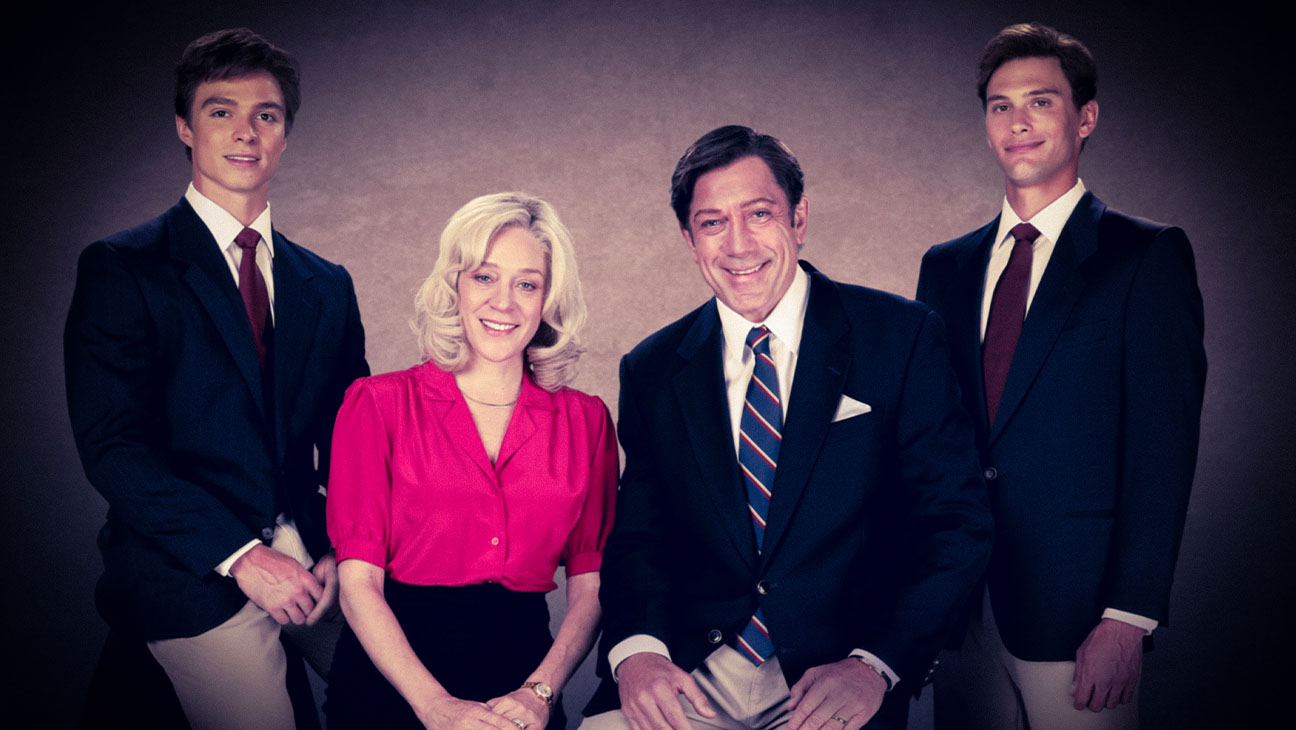Nico Hofmann and Jan Mojto, two leading figures in the German TV industry, on Friday unveiled their upcoming slate for their new joint venture, announced earlier this year. Their company plans to make big-budget, high-end series out of Germany for the international market.
The first slate of projects includes several novel and non-fiction adaptations. They include: Tilman Lahme’s Die Manns – Geschichte einer Familie, a biography of the legendary Mann family, including noble prize winner Thomas Mann and brother Heinrich man, which is to produced as a six-part television series set in the 1920s and told through the eyes of the younger generation, particularly the kindred spirits and eldest siblings Klaus and Erika Mann.
The group plans to adapt European Book Prize winner Maxim Leo’s bestselling novel Wo wir zu Hause sind and his latest book Wir werden jung sein as limited series. The first is an autobiographical story of Leo’s Jewish-German diaspora family. The latter a near-future novel about the cutting-edge science of human biological rejuvenation research and the quest for eternal youth.
Also on the slate is an adaptation of the upcoming novel Man lebt sein Leben nur einmal from ward-winning journalist Thomas Hüetlin, which will serve as the basis for a limited series on the life of Marlene Dietrich.
All the productions will be German-language.
Former UFA CEO Hofmann and Beta Film CEO Mojto have been professional collaborators for some 30 years, producing such ground-breaking German series as The Tunnel, Generation War and The Tower. Working alongside them on their joint production venture is Jan Wünschmann, EVP for Co-Production and business affairs at Beta and managing director of Intaglio Films, a joint venture between Beta and German public broadcasting outfit ZDF Studios, which produced the big-budget sci-fi series The Swarm.
Hofmann and Mojto admitted the German and international TV market has become “more challenging” with budget cutbacks at major broadcasters and a retrenchment from pay-TV outlets and streamers, but said they see an opportunity for top-end shows.
“The middling content is getting wiped out, but there is more demand than ever for the best material, for the best shows,” said Hofmann. “We don’t think we’ll have trouble finding partners.”
The German market in particular has seen a severe constriction since leading pay-TV network Sky Deutschland shut down its originals department last summer. But Wünschmann argued that streaming platforms are begining to step into the breach, pointing to AppleTV+’s recent deal to co-finance KRANK Berlin, a German medical drama from public network ZDFneo. Wünschmann said the company was already in talks “with all the platforms” for its new slate.
Mojto noted that because the productions would be “German stories told out of Germany, with German writers and German talent,” the bulk of the financing would also be locally-sourced. But as with Beta Film’s hit series Babylon Berlin, Beta would step in to gap finance the shows against international rights.



